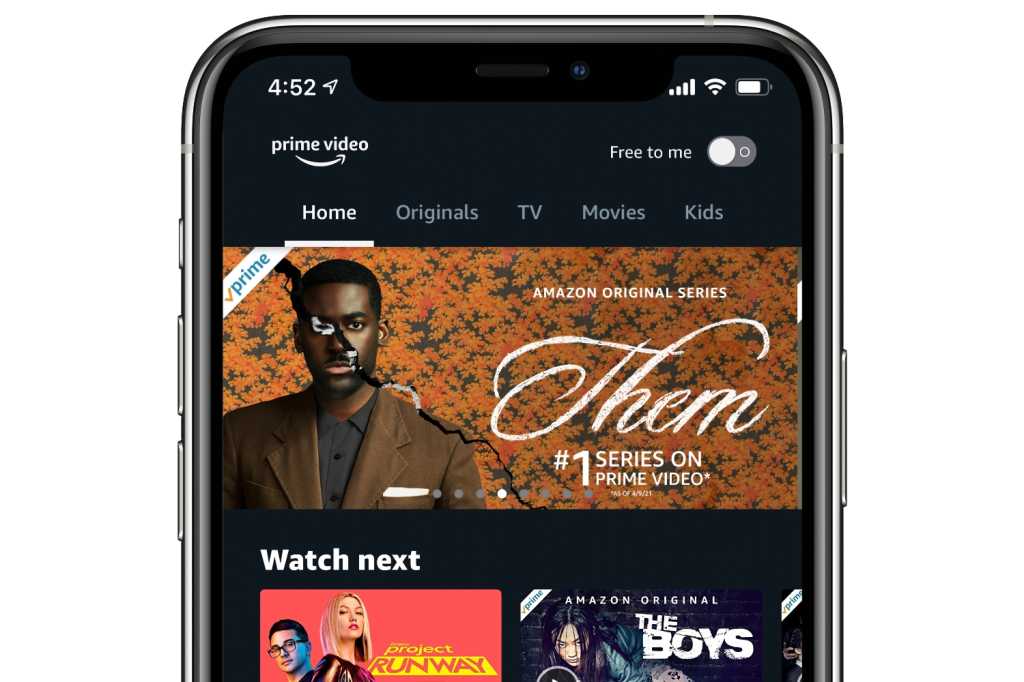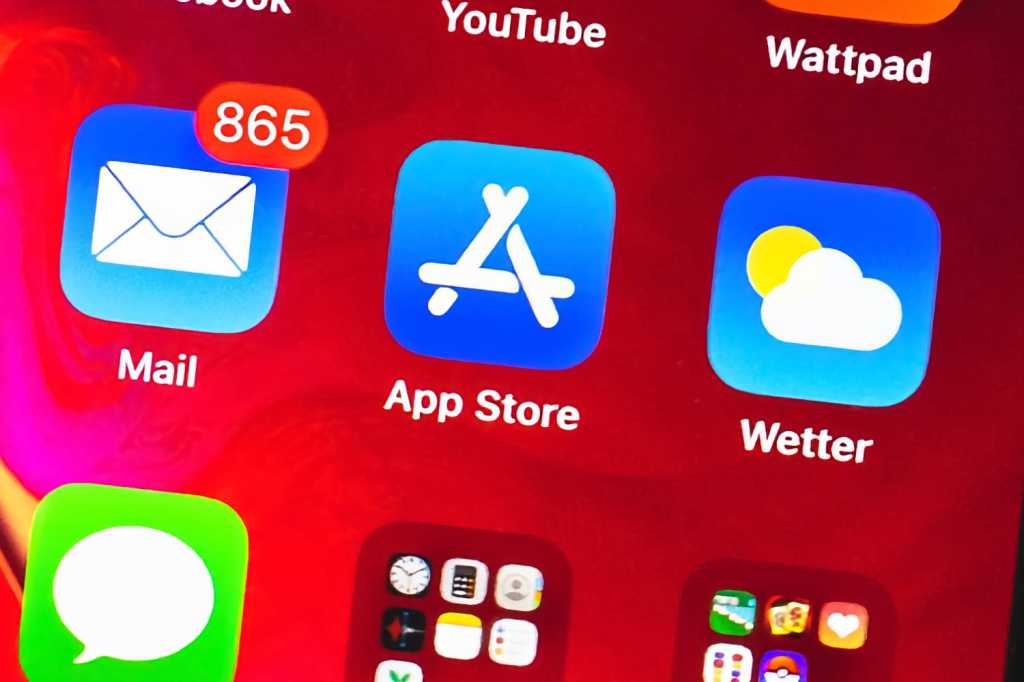Apple does what it wants to do, and nothing else. At least, that’s the company’s preference…but sometimes courts and laws and governments get in the way. And at the moment, as some Apple executives sit in court while others ponder the European Commission’s finding that it engaged in anticompetitive behavior, it seems like Apple is reaching a point where it’s going to have to do some things that it doesn’t really want to do.
The big question is, will Apple be able to bargain with the powers that be, offering smaller changes that will take pressure and scrutiny off of the rest of the company’s practices? Or will it be forced to change in ways it absolutely doesn’t want by judges and regulators who have decided that its behavior is in violation of the law?
This is complicated stuff. There’s no way to tell how it’ll turn out. But it’s worth considering some of the possibilities, which I’ll rank from most likely to happen (and generally, least catastrophic to Apple) to least likely (and most catastrophic).
The easy concessions
Apple has already made a few concessions to its once-ironclad policies. The most recent example was its creation of the Small Business Program in the App Store, which reduced Apple’s cut of App Store revenue from 30 to 15 percent for all but the biggest fish. (An earlier change also changed Apple’s cut of subscription revenue to 15 percent after one year.) The 30 percent rule seemed utterly fixed and eternal, and yet Apple made changes—once its policies came under broad scrutiny by regulators and politicians.
Apple has also carved out some specific exceptions to its policies, presumably because the ancillary business benefits outweighed the potential loss of revenue. Most notable, if you use Amazon’s Prime Video app on iOS, you can rent and buy movies and TV shows directly within the app. The purchases are charged to the credit card you stored on Amazon’s website. Apple’s in-app purchase system is never involved. After spending more than a decade paying for everything with Apple’s system, it’s deeply weird to buy something in an app without it.
That program is specifically about video content, and includes Amazon and a small number of other companies, mostly cable providers. But there’s literally nothing stopping Apple from introducing similar programs in other areas—and, like the Small Business Program, it’s a move that could relieve a lot of pressure on Apple.
Imagine if Apple announced that it was opening a similar program for media subscription services, like Spotify and Netflix. Or for a la carte ebook purchases, like Kindle and Comixology. Or, more broadly, if Apple announced a new policy that any company in a business that directly competes with one of Apple’s own apps can register for a program that allows it to use its own credit-card system rather than Apple’s.

Apple allows some apps, such as Amazon Prime Video, to not use Apple’s payment system.
Amazon
There’s very little Apple would need to do technically to make this happen. It would just need to change its policies. And while such decisions seem like ones Apple would prefer not to make, in the current environment it might be worth it to undercut Spotify’s argument and get the EU off Apple’s back.
One of the easiest concessions Apple could make is to eliminate one of its silliest rules—namely, the inability for apps to link to or even mention the existence of webpages that allow users to pay for stuff outside of the app. This has been an area where Apple has made apps appreciably worse, and frustrated app developers with ridiculously strict rejections, for years. If Apple took the lid off of web links inside apps, a lot of accusations of unfairness would evaporate.
The tough stuff
There are more extreme measures that Apple could take itself, or be forced to make under a legal ruling or change in regulation. For example, while Apple might want to offer a limited program that allowed certain apps to bypass its in-app purchase experience, a court might demand that it take the lid off entirely. While allowing apps to refer people to embedded web pages to spend money might be an interim step, a bigger step is what Epic Games is arguing it should be able to do: build its own in-app store.
Apple would lose a lot of App Store revenue if this happened, though I would expect that a lot of developers would still prefer Apple’s system for its ease of use and quick access to an active credit card. (Apple would probably be forced to reduce its cut in order to make this approach more appealing, but that’s competition in action.)
There’s also the big one, allowing apps that aren’t in the App Store to run on iPhones and iPads. It seems unlikely to me that Apple will offer this as an option unless its back is really against the wall. That said, if Apple were forced to allow sideloading of apps on iOS, it’s already been testing how it might work—on the Mac.
Over the last few years, Apple has created a system that allows Mac app developers to cryptographically sign their apps and have their software scanned by Apple and “notarized.” These procedures have allowed Apple to ratchet up the default level of app security on the Mac, while allowing users to still opt to bypass those defaults if they want.
Apple has argued that allowing apps from outside the App Store on iOS would endanger users by making it easier to get malware onto the platform. And that’s true, though a lot of that can be mitigated by the same processes Apple has introduced on the Mac.

If, as a result of the Apple versus Epic court case, Apple was forced to allow alternative app stores, developers would probably stick with Apple’s.
Sara Kurfeß/Unsplash
Existential threats
Then there are the biggest threats, many of which have been suggested by politicians who are very excited about regulating “big tech.” These are remedies Apple would never resort to itself, but could possibly be forced upon the company.
First is a forced unbundling of Apple apps from iOS devices and a forced divestment of the App Store. Imagine a world where iPhones ship without any of Apple’s onboard apps, or where the App Store is operated by a separate company (presumably one spun off from Apple). You’re probably imagining a world where iPhones aren’t very good, and I think you’d be right. These sorts of measures would dramatically degrade the user experience, and I’d question whether the overall benefit from competition would outweigh that.
And then there’s an even more uncomfortable measure: Forcing Apple to license iOS to other companies, or forcing Apple to separate its hardware and operating-system operations. I’m not saying this has a great chance of happening, but it would be catastrophic to Apple, a company that prides itself on its unification of hardware, software, and services.
More broadly, this category of extreme measures is troubling to consider because it would represent a scenario in which the experience of using technology would actually get worse, all in the name of protecting consumers from large technology companies. But the people who make laws don’t always consider all the unintended consequences.
So now what?
This is all going to take years to work out. But for a while now, it’s seemed inevitable that Apple would need to react. And yet, from the outside, it seemed like the company wasn’t acting as if it was at risk.
That’s not true anymore. Apple is paying attention. And while most of the scenarios I listed here probably won’t happen, I would expect that in the next few years, Apple will make several policy changes that I would’ve once considered impossible. As Tim Cook said last week, nothing the company does is cast in concrete. Apple knows it’s in a battle and it will make smaller sacrifices to avoid making bigger ones. The only questions are, what sacrifices is it willing to make–and has it missed its best opportunity to stave off even bigger changes?
Stay connected with us on social media platform for instant update click here to join our Twitter, & Facebook
We are now on Telegram. Click here to join our channel (@TechiUpdate) and stay updated with the latest Technology headlines.
For all the latest Technology News Click Here
For the latest news and updates, follow us on Google News.
